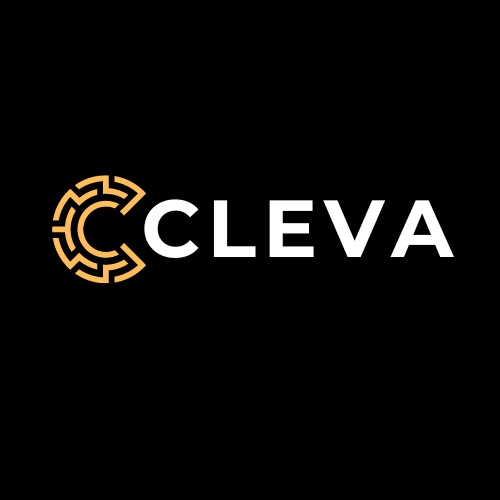Nigerian fintech Cleva, which helps individuals and businesses to receive international payments by opening USD accounts has raised $1.5 million in pre-seed funding for its banking platform.
The round was led by 1984 Ventures, with participation from The Raba Partnership, Byld Ventures, FirstCheck Africa, and other angel investors with participation from Y Combinator. Cleva will join the accelerator’s winter 2024 batch.
Founded by Tolu Alabi and Philip Abel, Cleva brings USD banking for Africans to get paid in USD, spend, and save in USD, no matter where they’re based. Both founders have local market knowledge and experience building banking products at Stripe and robust platforms at AWS.
The platform launched in August to take on platforms such as Geegpay and Payday. Cleva aims to empower Africans financially by providing a free US-based dollar account for cross-border transactions after seeing the persistent challenges faced in the international payments payments space.
Cleva has started operating in Nigeria but has plans to expand across the continent allowing users to open USD accounts. Cleva will also target Africans in the diaspora and enter the remittance category in the near future. The fintech reports that it has facilitated the opening of US-based accounts for thousands of Nigerians, processing over $1 million in monthly payments and experiencing month-on-month revenue growth of 100%.
Cleva differentiates itself from the competition through its focus on customer experience and business model. The fintech aims to provide a great experience for its customers and charges a capped fee of 0.9% on deposits into customers’ USD accounts. The platform also plans to diversify its revenue streams with upcoming products such as USD cards and savings in U.S. assets.
The total addressable market for fintechs focusing on freelancers and Africans in the diaspora is expected to grow. Cleva aims to evolve from a product-only service to a platform issuing APIs to distribute services across other African countries and around the world.




